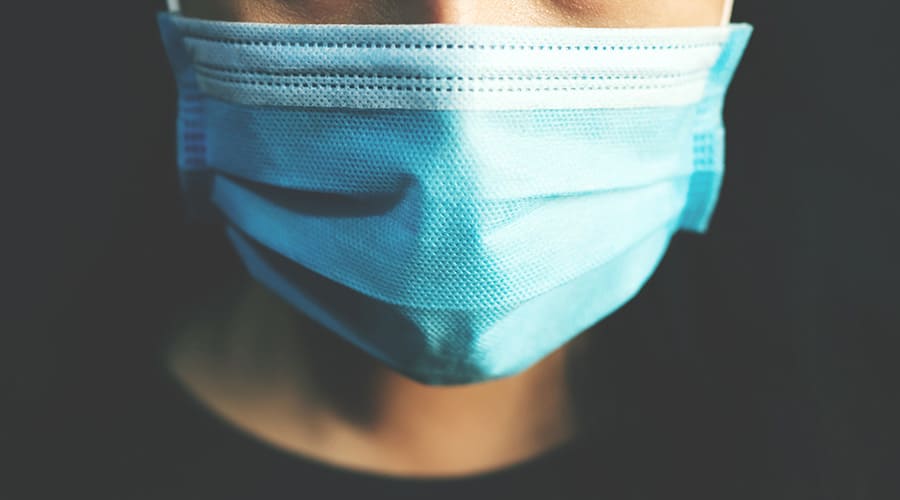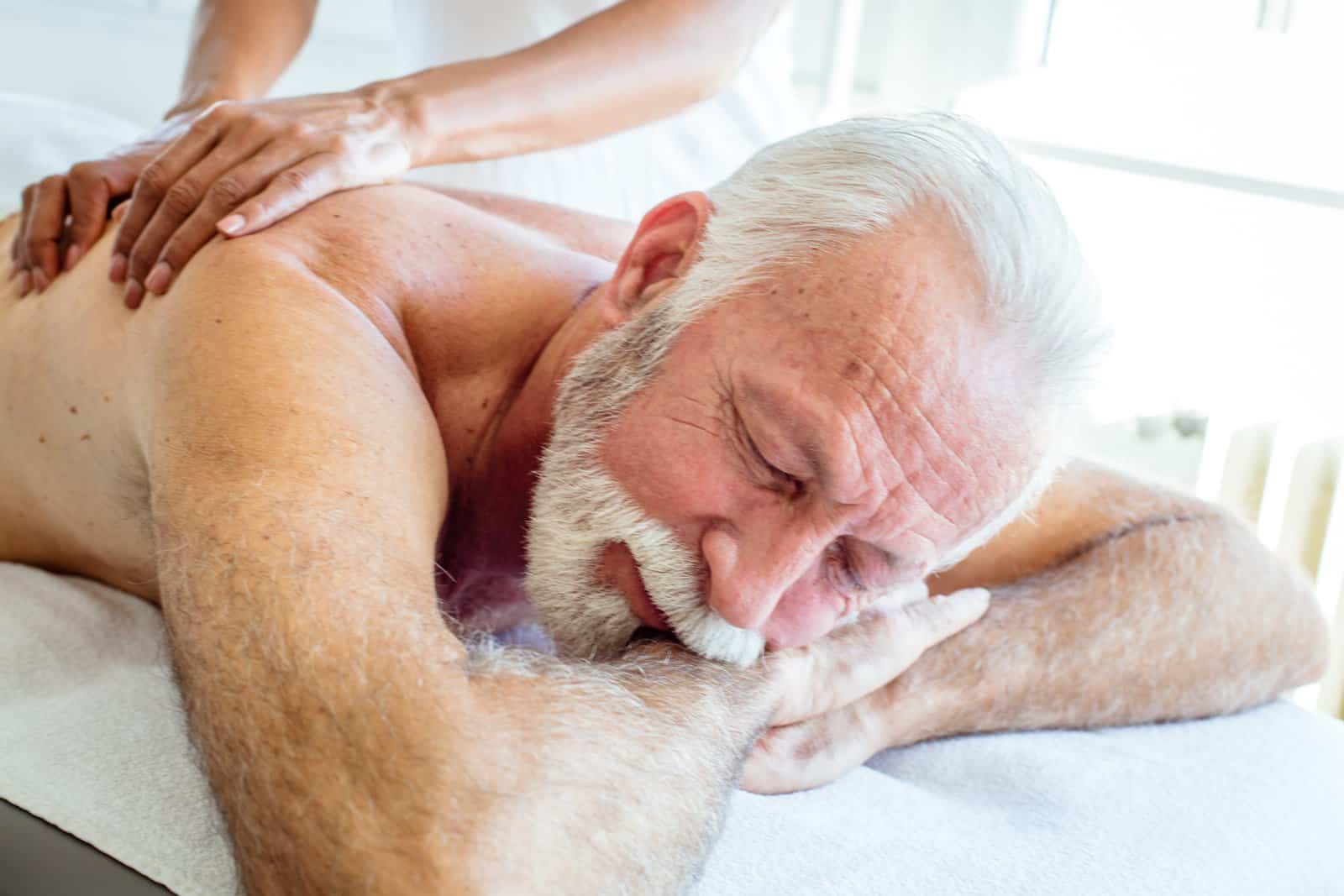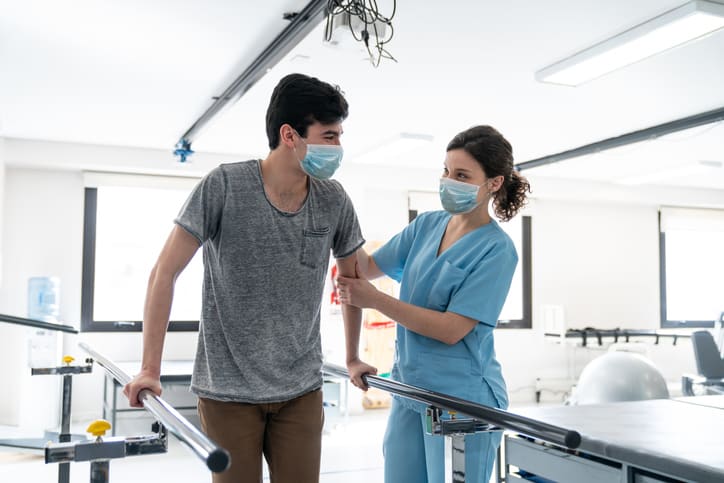
Your Coronavirus update for June 29; stay up to date with Elite.
More than 10 million cases of coronavirus (COVID-19) have been diagnosed worldwide as of Monday evening, including at least 500,000 deaths. Healthcare officials in the United States have reported more than 2.6 million positive COVID-19 patients and at least 128,000 deaths.
Drugmaker Explains Pricing of COVID Drug
In response to reports about the cost of remdesivir, a broad-spectrum antiviral medication that has shown effectiveness in treating coronavirus (COVID-19) in clinical trials, officials with Gilead Sciences, the California research-based biopharmaceutical company, have released a statement explaining the financial decision-making. The drug is reportedly the first antiviral to demonstrate patient improvement in COVID-19 clinical trials.
Using the National Institute of Allergy and Infectious Diseases (NIAID) study in hospitalized patients diagnosed with COVID-19 as the basis, a study that reports the drug shortens recovery by an average of four days, the company has assessed that in the United States, earlier hospital discharge would result in the hospital saving approximately $12,000 per patient. Based on current treatment patterns, the vast majority of patients are expected to receive a five-day treatment course using six vials, which would equate to $2,340 per patient. In what the company describes as an effort to ensure broad and equitable access at a time of urgent global need, the price for governments of developed countries will reportedly be $390 per vial.
“We are aware of the significant responsibility that comes with pricing remdesivir, and the need to be transparent on our decision,” said Daniel O’Day, chairman and chief executive officer of Gilead, in a prepared statement. “Part of the intent behind our decision was to remove the need for country-by-country negotiations on price. We discounted the price to a level that is affordable for developed countries with the lowest purchasing power. This price will be offered to all governments in developed countries around the world where remdesivir is approved or authorized for use. At the current price of $390 per vial, remdesivir is positioned to achieve the aim of providing immediate net savings for healthcare systems.”
According to O’Day, because of the way the U.S. system is set up and the discounts that government healthcare programs expect, the price for U.S. private insurance companies will be $520 per vial. “At the level we have priced remdesivir and with government programs in place, along with additional Gilead assistance as needed, we believe all patients will have access,” he said.
Gilead has reportedly entered into an agreement with the U.S. Department of Health and Human Services (HHS) whereby HHS and states will continue to manage allocation to hospitals until the end of September. After this period, once supplies are less constrained, HHS will no longer manage allocation.
Agreements with generic manufacturers to deliver treatment at a substantially lower cost are said to be reached in developing countries. “These alternative solutions are designed to ensure that all countries in the world can provide access to treatment,” O’Day said. “In making our decision on how to price remdesivir, we considered the full scope of our responsibilities. We started with our immediate responsibility to ensure price is in no way a hindrance to ensuring rapid and broad treatment. We also balanced that with our longer-term responsibilities: to continue with our ongoing work on remdesivir, to maintain our long-term research in antivirals, and to invest in scientific innovation that might help generations to come. As the world continues to reel from the human, social and economic impact of this pandemic, we believe that pricing remdesivir well below value is the right and responsible thing to do.”
The drug is being studied in multiple ongoing international clinical trials and its approval status varies by country. In countries where remdesivir has not been approved by the regional health authority, remdesivir is an investigational drug, and the safety and efficacy of remdesivir have not been established, according to company officials. Remdesivir In the U.S., the Food and Drug Administration (FDA) has granted remdesivir an Emergency Use Authorization for the treatment of hospitalized patients with severe COVID-19.
Duration of COVID Antibodies Not Confirmed By Study
Antibodies produced against COVID-19 may fade in two months’ time following infection in some patients, according to a newly published small study in Nature Medicine.1 Those patients who never develop symptoms are more susceptible to their antibodies lessening more quickly than those who become ill.
The extent and duration of antibody protection remains unknown, according to the study, which compared the immune responses of 37 asymptomatic people diagnosed with COVID-19 to 37 symptomatic patients in the Wanzhou District of China. Forty percent became negative for antibodies early on in their recovery, compared to just 13% of people who developed symptoms, according to the researchers from Chongqing Medical University. The asymptomatic patients also reported lower levels of cytokines, the study founds. According to researchers, the data suggest that asymptomatic people had a weaker immune response to the virus.
Survey Shows COVID Anxiety Problem For Younger Adults
Many people experience anxiety levels that generally warrant referral for consultation with a behavioral health provider or additional conversation and counseling with a primary care provider, according to results of a consumer survey about COVID-19. The survey was distributed by the Main Line Health Center for Population Health Research (CPHR) at the Lankenau Institute for Medical Research, Wynnewood, PA, which found that more than half of respondents younger than the age of 40 experiencing significant mental health challenges.
The survey reportedly sought to gauge how the COVID-19 pandemic was impacting people’s health, wellness, careers, and finances, according to CPHR researchers. Several questions that borrowed from a screening tool for generalized anxiety disorder were used in the survey, which was distributed online from March 19-April 24. About 5,600 people from around the country answered all or most of the survey questions, according to the CPHR.
The survey also found that most respondents were concerned about getting COVID-19 and that about 25 percent of respondents did not have enough food in their homes to last two weeks, suggesting that clinicians may begin seeing some patients with conditions complicated by dietary challenges. According to CPHR, researchers are compiling results for peer-reviewed journals.
Thank you for joining us for your Coronavirus Update for June 29. If you missed last week’s article, please consider reading it here.
References
1. Long Q-X, Tang X-J, Shi Q-L, et al. Clinical and immunological assessment of asymptomatic SARS-CoV-2 infections. Nat Med. 2020. https://doi.org/10.1038/s41591-020-0965-6






